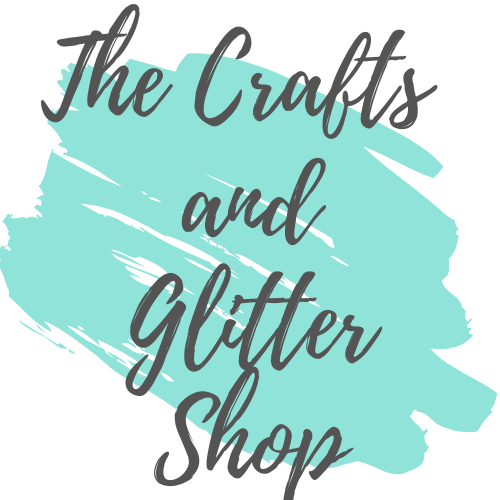Are Silicone Molds Eco-Friendly? A Closer Look!
Share
As more people strive to reduce waste and make conscious choices, a common question arises: Are silicone molds eco-friendly?
If you're passionate about baking, soap making, or crafting, you've probably come across silicone molds. They're flexible, durable, and reusable—making them a favorite among hobbyists and small businesses alike.
But let’s dive deeper into the environmental side of silicone and how it compares to alternatives like plastic.
What is Silicone, Exactly?
Silicone is a synthetic material made from silicon (a natural element found in sand), combined with oxygen, carbon, and hydrogen. While it’s not a natural product like wood or clay, it’s more sustainable than petroleum-based plastics in several ways.
Why Silicone is Considered Eco-Friendly
Here are the main reasons silicone is often seen as an eco-conscious choice:
-
Highly Durable & Reusable: Silicone molds can last for years, resisting wear and tear from high heat, freezing temps, and repeated use. This longevity reduces the need for single-use or short-lived plastic molds.
-
Reduces Waste: By using silicone molds repeatedly, you avoid disposable baking papers, plastic molds, or packaging waste from store-bought items.
-
Non-Toxic & Food Safe: Food-grade silicone doesn't leach harmful chemicals like BPA or microplastics into your food, unlike some cheaper plastics.
-
Lower Carbon Footprint (Over Time): While silicone manufacturing does require energy, its long life span means fewer replacements—so over time, its environmental cost is lower than continually replacing plastic items.
Is Silicone Biodegradable or Recyclable?
Silicone is not biodegradable, which means it doesn’t break down naturally like organic materials. However, it is recyclable—just not through curbside recycling bins.
You can send used silicone to specialty recycling centers where it can be downcycled into industrial lubricants or repurposed into other silicone products. Because my molds are made to last for years, many customers only recycle them after long-term use, if ever.
Supporting Small-Scale, Ethical Production
Another way silicone molds can support sustainability is through ethical, small-batch production—like what I offer in my shop.
As a one-person business, I personally design and hand-pour each silicone mold. I make each mold to order and don't mass-produce or outsource to large factories, which helps reduce the environmental impact that comes with bulk manufacturing, whilst also reducing waste.
By buying from small businesses, you’re not only supporting makers directly—you’re also helping to reduce the carbon footprint of global shipping and mass production.
Eco Tips for Using Silicone Molds Sustainably
-
Take care of your molds (Care Sheet available here)
-
Clean with gentle soap and water—no need for harsh cleaners.
-
Store properly to extend the mold's lifespan.
-
Consider repurposing worn-out molds for non-food uses before recycling.
The Verdict: Are Silicone Molds Eco-Friendly?
Yes—silicone molds are an eco-conscious choice, especially when used over many years and purchased from ethical, small-scale makers like myself. While not biodegradable, their durability, reusability, and non-toxic nature make them a smart alternative to plastic.
By choosing quality handmade, food-safe silicone molds, you’re investing in tools that last and supporting a sustainable, small-batch production process. That’s a win for you—and the planet.
Looking for Quality, Reusable Silicone Molds?
Explore my collection of handmade, food-safe silicone molds, thoughtfully designed and crafted by me in small batches.



